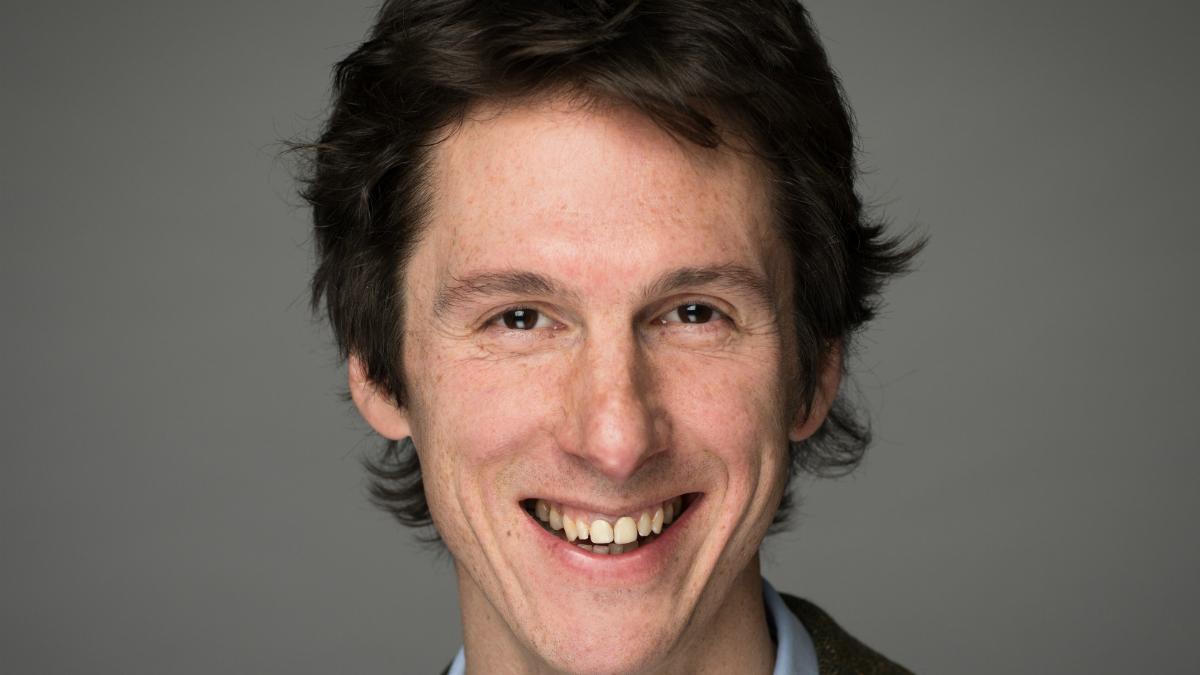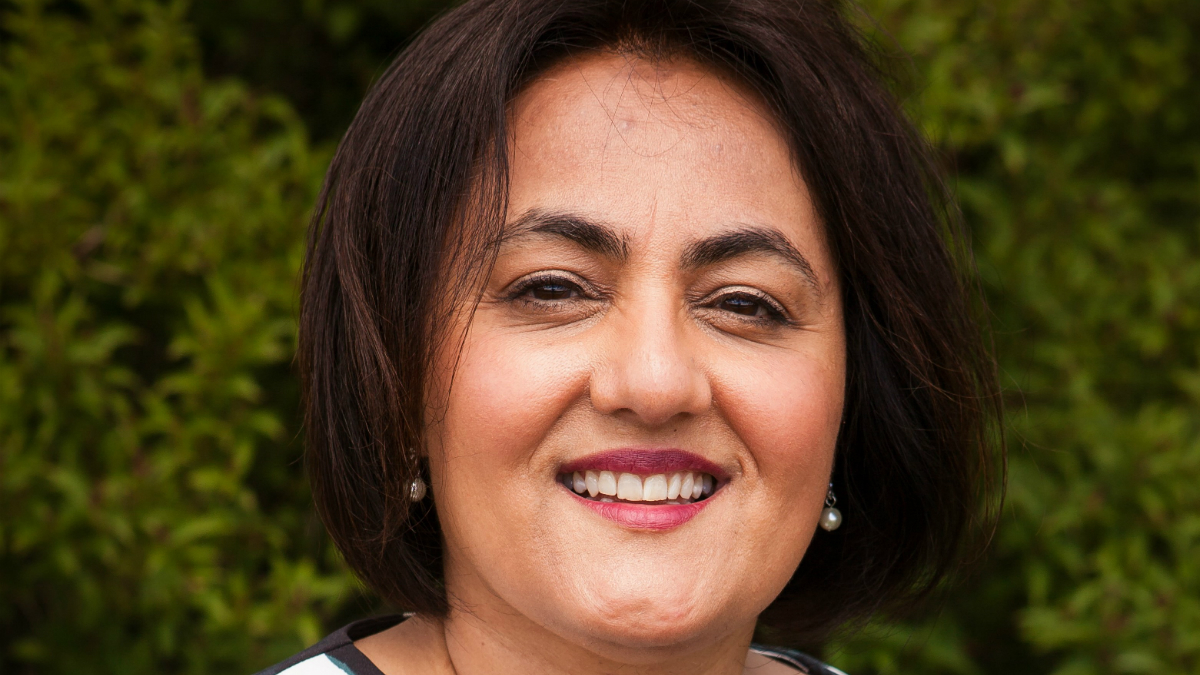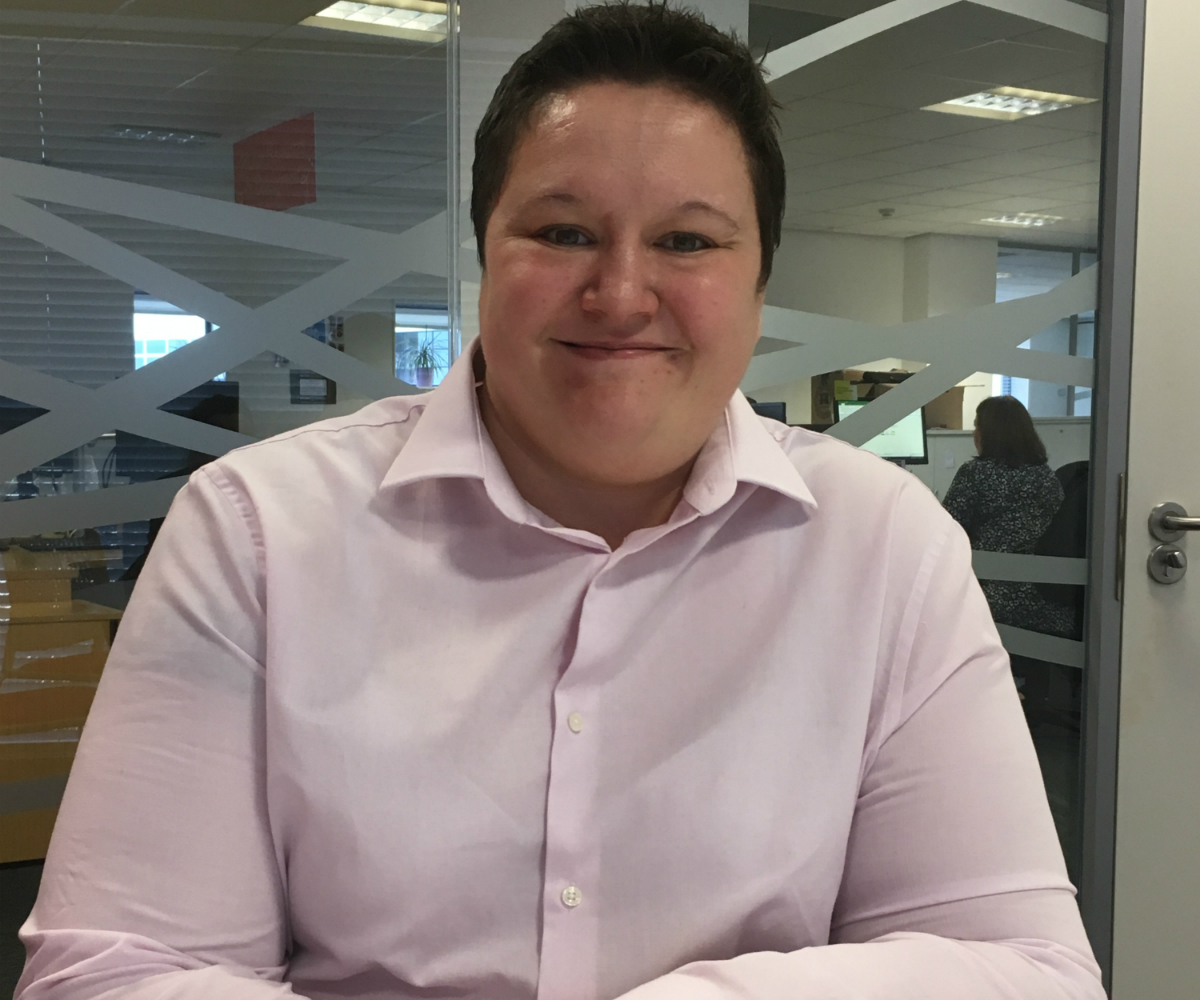Three physiotherapists have been appointed to the committee that will formulate guidelines on hip, knee and shoulder joint replacement.

Toby Smith, senior researcher in rehabilitation at Oxford University
The 18-month project, which started this month, should see new National Institute for Health and Care Excellence guidance in place by early 2020. It hopes to pull together definitive guidance on best practice and address regional variations in access, treatment and care.
Anju Jaggi, pictured below, a consultant physiotherapist at the Royal National Orthopaedic Hospital Trust in Stanmore, specialises in shoulder replacements. She has particular interest in recurrent atraumatic shoulder instability, complex shoulder pain, conservative management for rotator cuff insufficiency and post-operative physiotherapy.

Toby Smith, a senior researcher in rehabilitation at the Nuffield Department of Orthopaedics, Rheumatology and Musculoskeletal Sciences, Oxford, is interested in rehabilitation following hip fracture, hip and knee osteoarthritis and following lower limb joint replacement.
Helen Robson, the clinical lead for the North of England for Connect Health, pictured below, has a special interest in upper limbs. She has been co-opted on the committee as she is developing clinical pathways including orthopaedic triage.
She said: ‘I think as the three of us have expertise across upper limb, lower limb, pre and post op rehab and orthopaedic triage, we are well placed to provide the expertise needed to support the guideline development.

‘I also think it is a great reflection on the skills and expertise the physiotherapy profession has and that three of us have been successful in this application reflects how well the professions’ expertise is regarded in the wider healthcare environment.’
Physiotherapy well represented
All were selected following an open call for members. Mr Smith said he was pleased that physiotherapy would be well represented on such an influential committee, which also includes orthopaedic surgeons, nurses, occupational therapists, anaesthetists and patients.
He said that by having two physiotherapists with expertise in both upper and lower limbs ‘we have the clinical research expertise that should be very useful and it will mean that physios will be well represented in the final document’.
Mr Smith said the committee wanted to address variations in treatment and care.
‘It’s well known that there are variations across the UK in the provision of hip, knee and shoulder replacements and access to physiotherapy is one example of that variation.
‘It’s NICE’s job to make sure that people from whatever background, geographical location, or social group, get the treatment they need and their health needs are met. We hope to make recommendations as a group that will be well-rounded and well-evidenced,’ he said.
Number of subscribers: 2